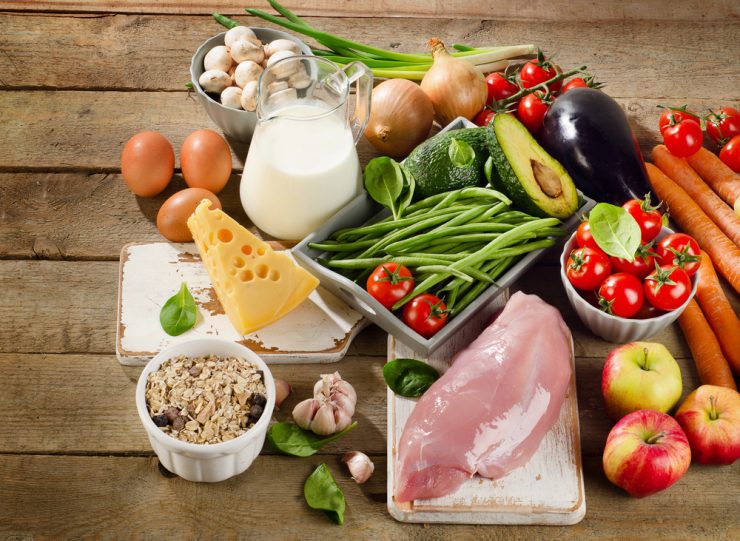Any time is a great time to reassess your nutritional status.
Clinical nutritionist, Suzie Sawyer shares some of her top tips for maintaining a healthy nutritional balance.
CREATE A RAINBOW
Of all the tips I could possibly give this has to be at the top of the list. Eat a rainbow diet that includes red, orange, yellow, green, blue, indigo and violet coloured foods. If you think about all the colours of food, especially across fruits and vegetables, they contain a vast array of colours, and these beautiful colours equal fantastic nutritional benefits in terms of vitamins and minerals.
If you aim to create a ‘rainbow of foods’ on your plate every day, you will be going a long way to getting what the body needs nutritionally, on a daily basis. Fruits and vegetables provide a mountain of vitamins and trace minerals – think dark green leafy vegetables, red and green peppers, sweet potatoes, berry fruits, citrus fruits, mangoes – the list is endless!
EAT ESSENTIAL FATS
Many of us shy away from eating fat for obvious reasons – we think it makes us fat! However, whilst too much saturated fat (found in butter, cheese and red meat) can certainly affect the waistline, at least 10% of our diet should contain essential fats -the omega 3s and 6s found in oily fish, nuts, seeds, flax and green leafy vegetables. They are called ‘essential’ fats because the body cannot make them, so they are needed in the diet.
The omega fats have many important functions in the body, responsible for healthy hormones, the brain, eyes, joints, heart and skin – quite a list! If you’re not keen on eating fish or if you are vegetarian, then I recommend taking a fish oil supplement or a supplement produced from flaxseeds.
KEEP WELL HYDRATED
The body is around 80% water, so it needs to be kept properly hydrated to stay in peak condition. You will feel tired and your concentration levels will dwindle if you’re not drinking enough water. Equally, if you are low in essential fats, your body will be dehydrated at a cellular level, which will quickly show in your skin.
Aim drink at least 1 ½ to 2 litres of water a day – caffeinated tea and coffee don’t count, as they tend to deplete the body of minerals, and coffee also has a diuretic effect. Herbal or fruit teas, however, are great.
Another tip to remember is to drink liquid between meals, as drinking too much water while eating can dilute the body’s natural production of stomach acid and lead to indigestion.
So as you can see, good nutrition doesn’t have to be too complicated. Following some easy tips can make a huge difference to your overall health and wellbeing.






















